
(*The powerful & moving letter below has been posted on behalf of fellow ‘Dignity in Care Australia’ member Jen Pilling):
This story looks at care from a different perspective. As a manager from an Aged Care Residential Facility where the approach is centred on lifestyle, engagement and socialisation, I would like to share some thoughts and experiences in the hope that we, through continuous improvement and the connecting and sharing of stories, can build better cultures to address these issues and improve our care with dignity.
This was a letter that I received from a relative who had transferred his mother to our facility from another residential facility under recommendation. The letter was sent approximately 24 hours after his mother was admitted to our facility:
“I cannot thank you enough – I have spent the last 2.5 years worrying about my gorgeous mother and my life was revolved around trying to spend time with her or to take her home for a visit. My worry came because I would often arrive at her previous facility to witness her having a panic attack or curled up in her bed in a catatonic state.
Mum’s facility considered us the whinging family. Her special diet requirements were ignored which compounded her health issues.
She was not showered every day and suffered UTIs and she was conditioned not to ring her bell for assistance as staff did not come to her aid anyhow. She was left in her room with nothing but TV. In her quest for social interaction she would knock on the neighbour’s door and ask for a cup of tea or if they wanted to join her (as she would have done at home). This meant she was seen as obnoxious by the staff that said she was “disruptive to others” or “trying to escape” – so they confined her more. They didn’t understand her so they controlled her to fit their pattern or workload and anything that didn’t fit their mould was frowned upon and reported to family members as if she was a naughty child.
On Friday I came into your facility to find mum on her way to an art class. She had a smile on her face bigger than I had seen in years. She gave me a hug and told me she didn’t have time to see me as she was busy…”sorry son I have an art class”.
Being made redundant like that made me so happy. My visits are now a bonus in her life instead of a necessity. Staff were telling me how well mum was doing instead of how obnoxious she was.
I felt like in 24 hours the mother I had known had returned. Her body language was relaxed and her face emanates who she really is – someone who loves people and loves a chat. Her body was no longer tense and frightened. Now we know she is in safe hands. Thank you for returning dignity to her life and treating her with respect”.
*It was heart warming for us to receive this letter of course and its benefits were far reaching. It was used to empower our staff as reinforcement to continue to look beyond behaviours and replace this with the delight of discovering the real person.
It empowered the family to “let go” and have a life outside being prime carers, it of course empowered the resident to “give permission” to the family to “let go” and empowered her to have no fear being exactly who she was.
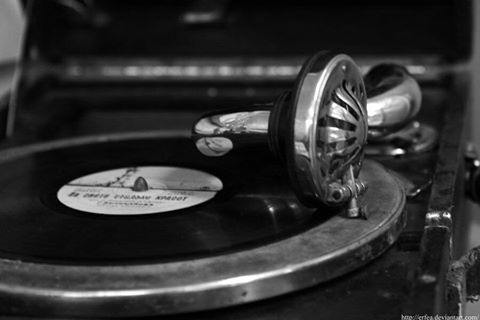

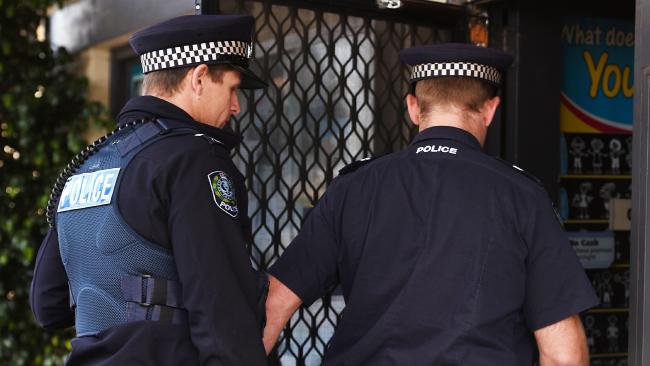
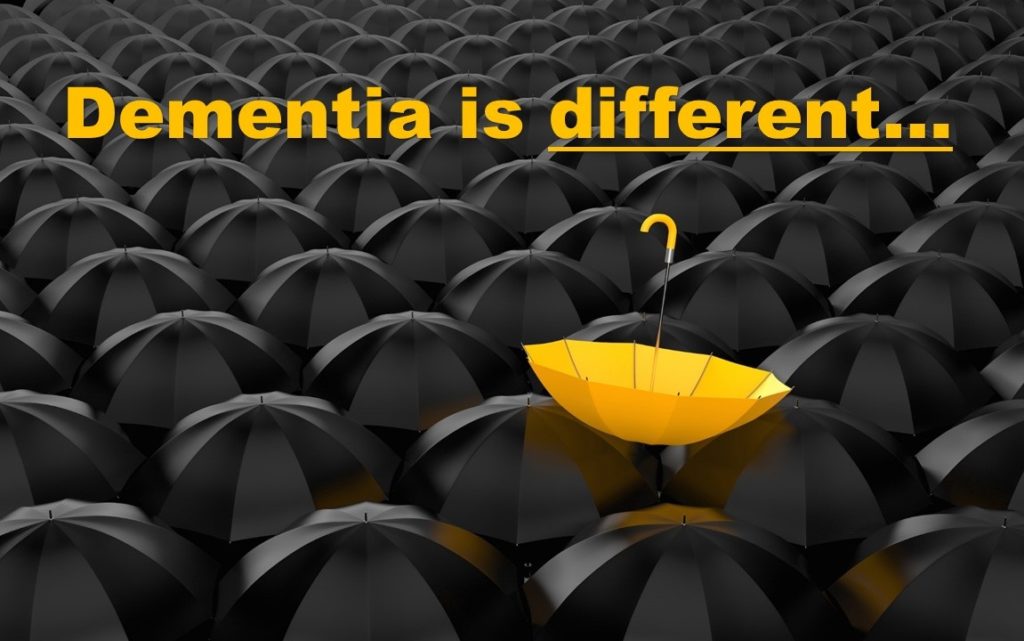

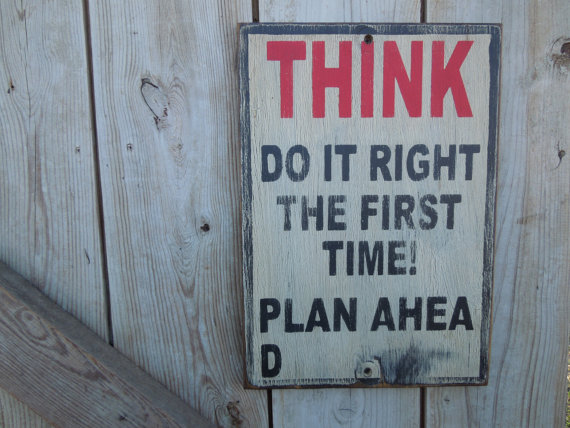

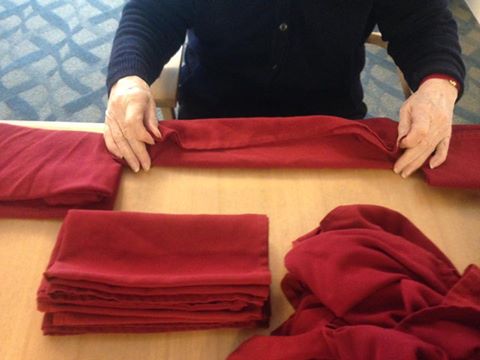




 Facebook
Facebook Twitter
Twitter LinkedIn
LinkedIn